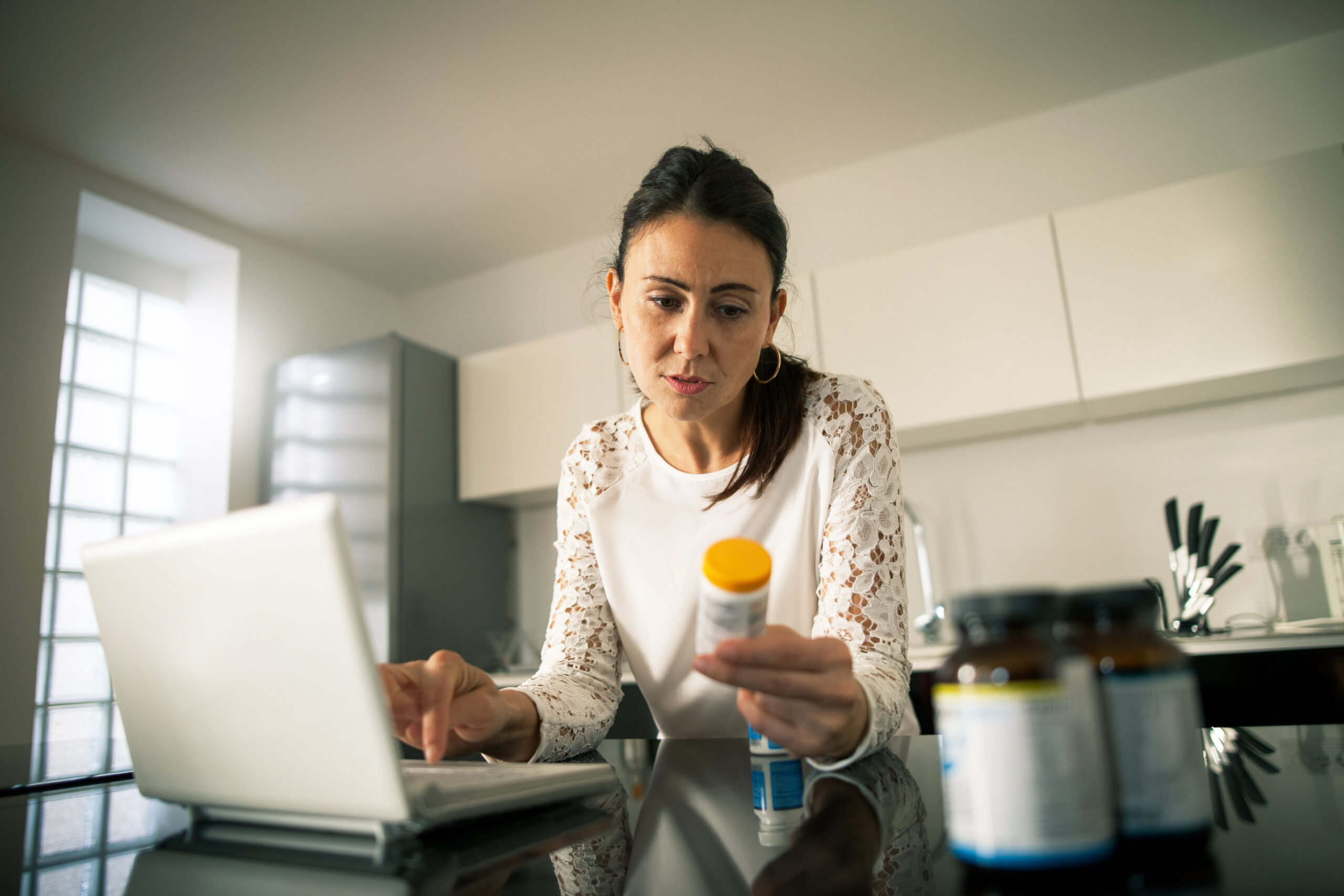© 2024 CSRXP- All Rights Reserved

BIG PHARMA EARNINGS WATCH: ABBVIE, ASTRAZENECA & BRISTOL-MYERS SQUIBB
Nov 5, 2020
Big Pharma Completes Sweep of Beating Wall Street Expectations After 2020 Price Hikes
In a final round of third quarter earnings reports, three more Big Pharma giants announced they surpassed earnings expectations after hiking prices on American patients. AbbVie, AstraZeneca and Bristol-Myers Squibb reported sky-high profits after hiking prices on American patients earlier this year.
AbbVie
- AbbVie reported expectation beating earnings, increased its dividend by 10 percent and raised its full-year outlook this quarter.
- Net income increased to $2.3 billion compared to $1.88 billion a year ago and revenue grew 52.2 percent to $12.9 billion, beating Wall Street expectations.
- Strong sales were driven by blockbuster drug Humira which reached $4.1 billion in sales.
AstraZeneca
- AstraZeneca reported a net profit of $648 million, up from $299 million for the same period a year earlier.
- Revenue for the brand name company clocked in at $6.58 billion, up from $6.41 billion.
- Sales rose 55 percent – beating analysts’ expectations.
- Sales were driven by cancer drug Tagrisso.
Bristol-Myers Squibb
- The brand name company’s revenue for the quarter rose 75.46% year over year to $10.5 billion – beating Wall Street expectations.
- Sales of Bristol-Myers Squibb’s blockbuster blood thinner Eliquis rose nine percent to $2.1 billion.
The brand name companies expectation-besting earnings come after they participated in a series of price hikes in the past year, despite the mounting crisis of affordability across the country.
AbbVie
- AbbVie kicked off the new year with more than 50 price hikes in January.
- AbbVie yet again increased the price on the world’s best-selling drug, Humira, increasing the drug’s price by 7.4 percent.
- Humira’s price has almost doubled since 2012, from about $19,000 to $38,000. AbbVie currently holds over 130 patents on Humira in the United States, blocking competition for up to 39 years.
AstraZeneca
- AstraZeneca was one of several companies to participate in Big Pharma’s biennial price hikes this month – despite the unprecedented economic uncertainty facing millions of Americans grappling with the pandemic – by increasing prices on 18 drugs, including on popular cholesterol drug Crestor and blockbuster drug Symbicort.
- In 2019, AstraZeneca hiked the price of its popular heartburn medication, Prilosec, by five percent.
AstraZeneca has a long history of hiking prices on Americans struggling to afford their medications:
- As AstraZeneca Faced Generic Competition To Its High Cholesterol Drug Crestor, Its “Price Was Increased Several Times Before The Generic Came Out … Including By About 15 Percent Right Before.” “AstraZeneca’s AZN, -0.08% drug Crestor, another of the drugs featured in the report, is a popular but expensive drug that treats high cholesterol. In 2016, when the drug first got a new generic rival, the branded product cost about $300 a month without insurance coverage. The price was increased several times before the generic came out … including by about 15% right before. (AstraZeneca said it could not comment because it was not involved in the study.)” (Emma Court, “Big Pharma Games The System To Make Generic Drugs More Expensive,” MarketWatch, 8/3/18)
- AstraZeneca’s Pricing Strategy Served To Create “A New, Higher Baseline Price When The Generic Hits The Market.” (Tori Marsh, “Prices For Brand Drugs Spike Before A Generic Is Released. Here’s Why.,” GoodRx, 7/27/18)
- After Increasing Drug Prices By As Much As Nine Percent, On A 2018 Earnings Call, Soriot Insisted The Company Was “Sensitive” To Drug Pricing Concerns And Said It Had Raised “Wholesale Prices Earlier [That] Year By ‘Very, Very Modest’ Amounts.” “During an earnings conference call, the AstraZeneca chief executive disclosed the company would not raise prices in the U.S. for the rest of year. Other drug makers have taken the same step in response to pressure from the Trump administration, but he insisted this was ‘our plan … all along’ … He maintained AstraZeneca was sensitive to the problem by raising wholesale prices earlier this year by ‘very, very modest’ amounts, ‘between 1 and 3 percent’ which, he said, was ‘in line with inflation.’” (Ed Silverman, “When Modest Is Actually Excessive: AstraZeneca Spins Its Price Hikes,” STAT News, 7/26/18)
Bristol-Myers Squibb
- In the first week of July, Bristol-Myers Squibb was among Big Pharma giants that announcednew price hikes despite the unprecedented economic uncertainty facing millions of Americans grappling with the pandemic.
- Bristol-Myers Squibb started off the new year by hiking prices on at least ten medications, including two key cancer drugs, Opdivo and Revlimid, as well as, on blockbuster blood thinner Eliquis.
- Bristol-Myers Squibb acquired Revlimid in a $74 billion deal with Celgene last year. On the day the deal was announced, Celgene boosted the price of Revlimid to $719.82. The drug cost $247.28 in 2007.
- This was business as usual for Bristol-Myers Squibb. From 2015 to 2019 the company had the most price hikes per drug of any Big Pharma company.
AbbVie, AstraZeneca and Bristol-Myers Squibb round out a list of Big Pharma giants who all reported expectation-besting earnings for the first quarter of 2020 after hiking prices on American patients, including Amgen, Sanofi, GlaxoSmithKline, Merck, Novartis, Pfizer and Johnson & Johnson.
